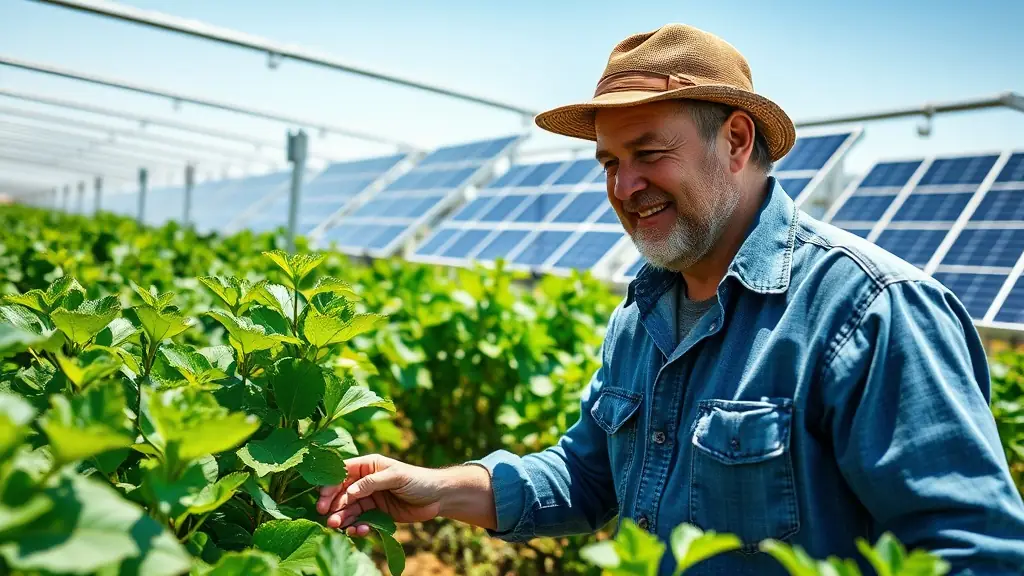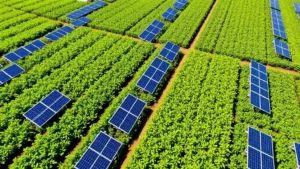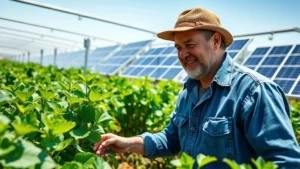Sustainability is at the forefront of agricultural practices today, and agri-voltaics is leading the charge. By combining food production with solar energy generation, we can create a system that not only feeds the population but also reduces reliance on fossil fuels. This innovative approach allows farmers to diversify their income streams while contributing to renewable energy goals. The symbiotic relationship between crops and solar panels enhances both agricultural productivity and energy efficiency.
At Arti, we believe that implementing agri-voltaic systems can significantly reduce the environmental impact of farming. The shade provided by solar panels helps to maintain soil moisture and reduce evaporation, which is particularly beneficial in arid regions. Additionally, the integration of renewable energy into agricultural practices can lower operational costs and increase resilience against climate variability. By adopting these practices, farmers can play a vital role in combating climate change.
As we continue to explore the potential of agri-voltaics, it is essential to engage with stakeholders across the agricultural and energy sectors. Education and awareness are key to promoting the benefits of this technology. By working together, we can develop strategies that not only enhance food security but also protect our planet for future generations.




